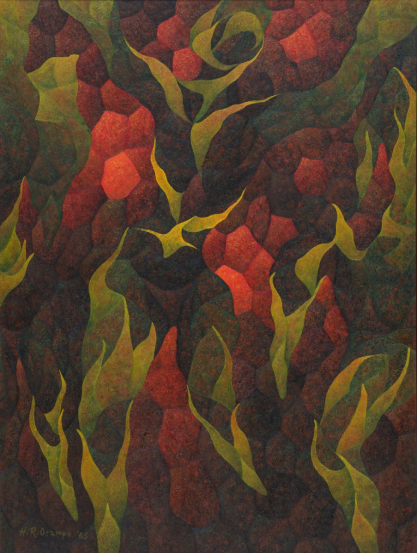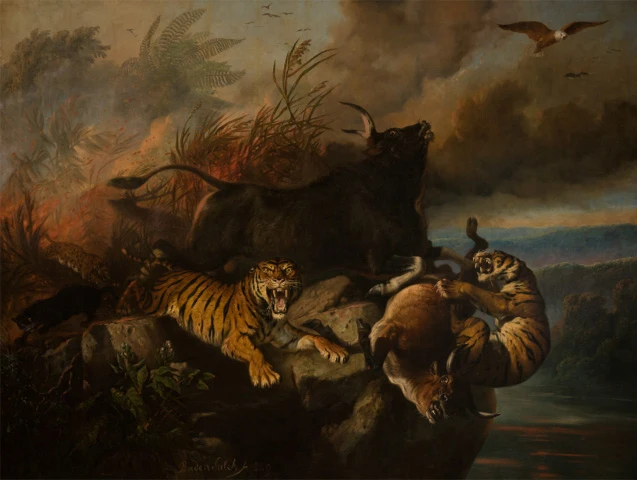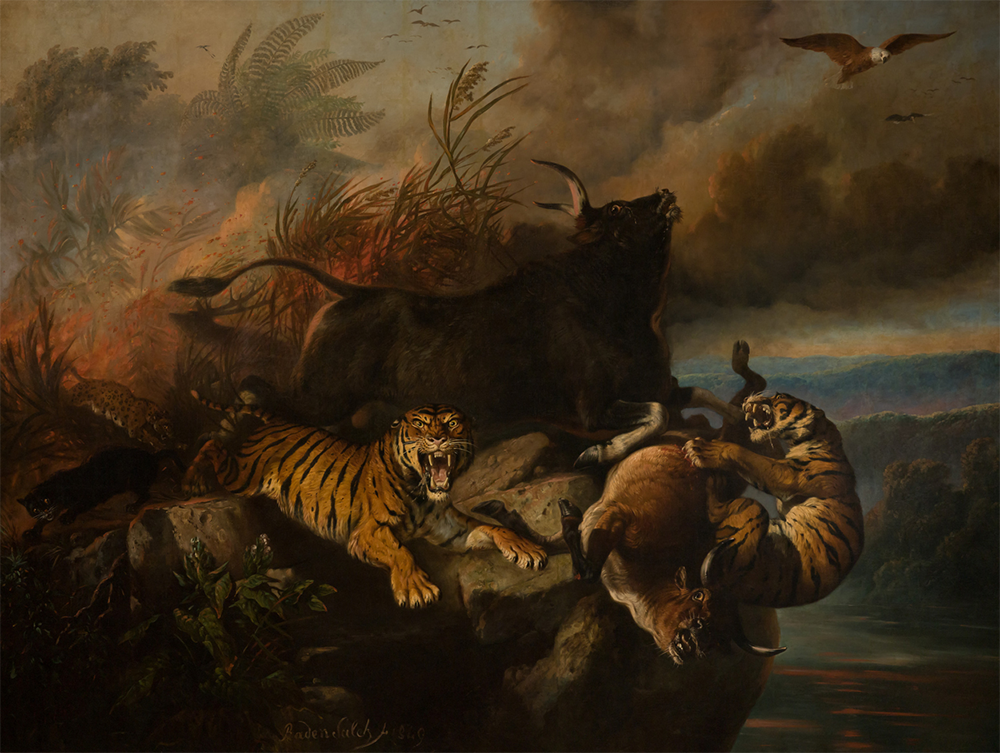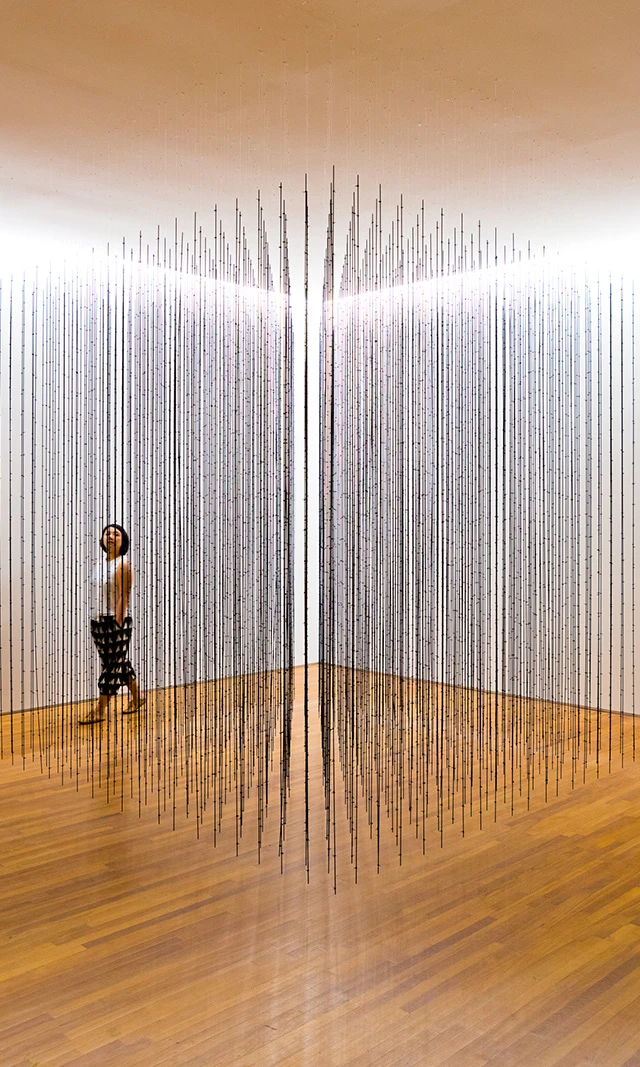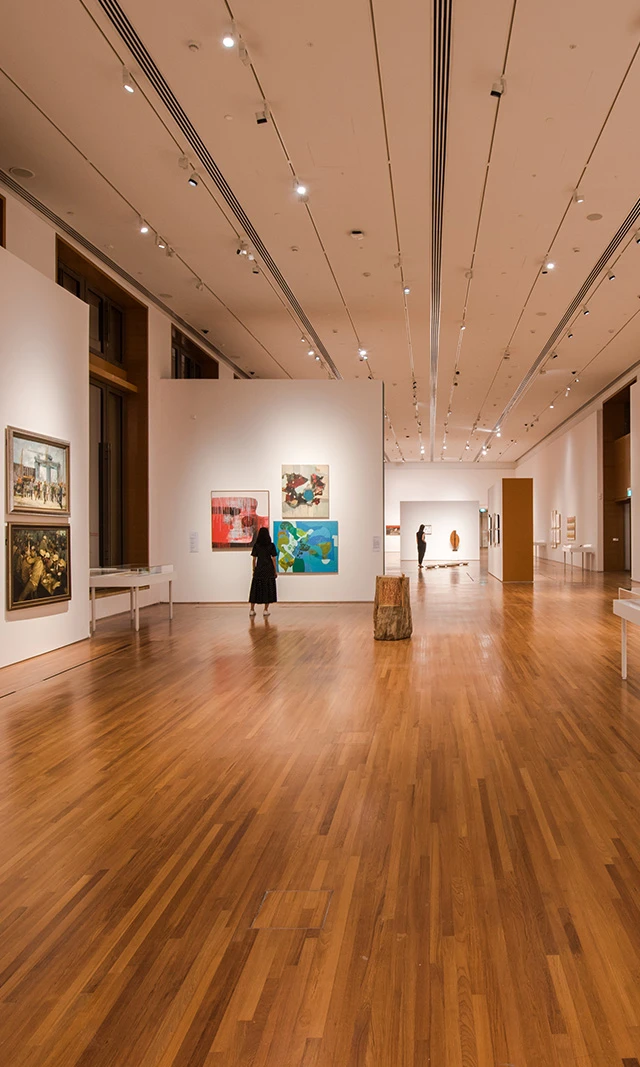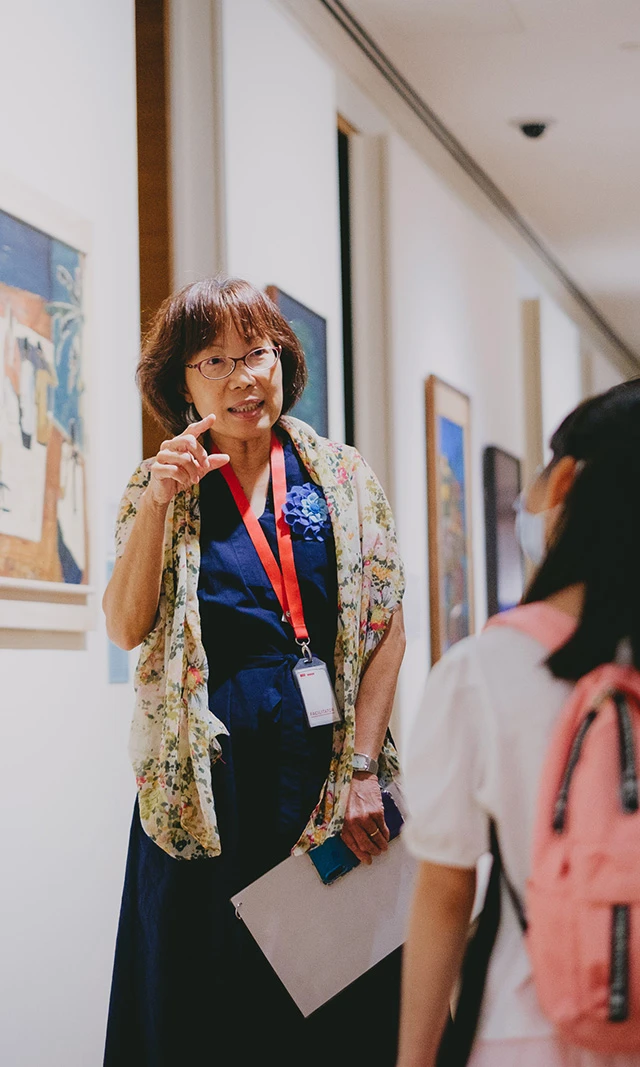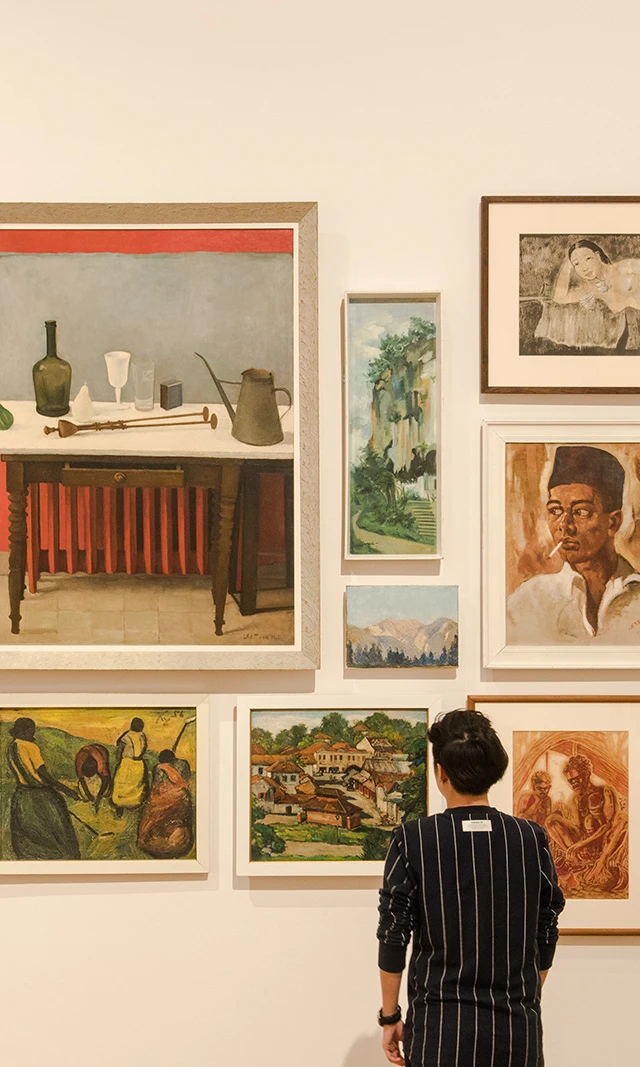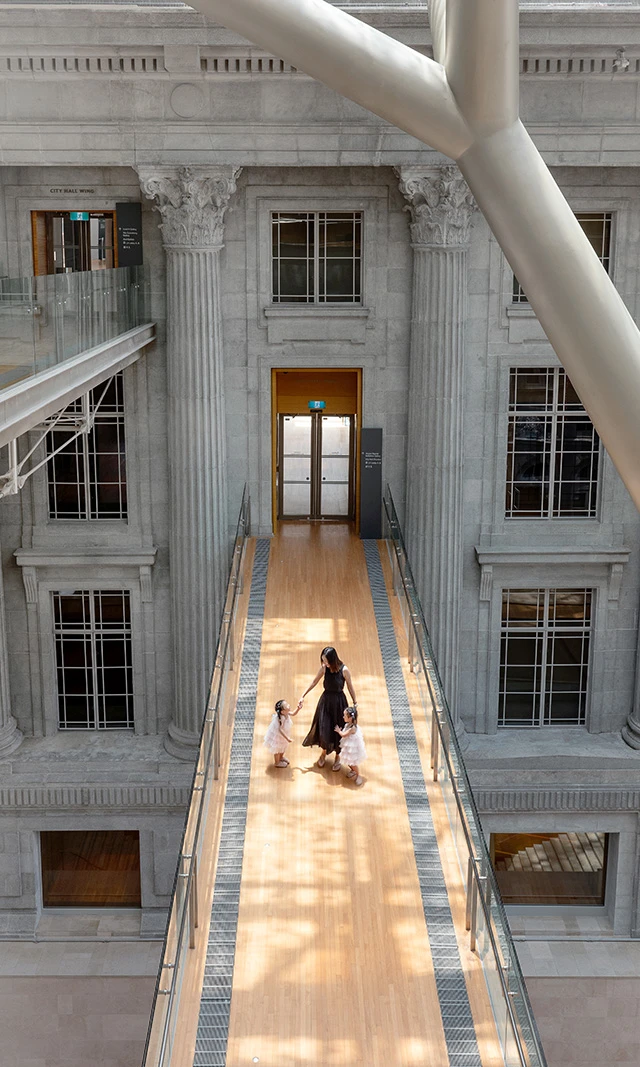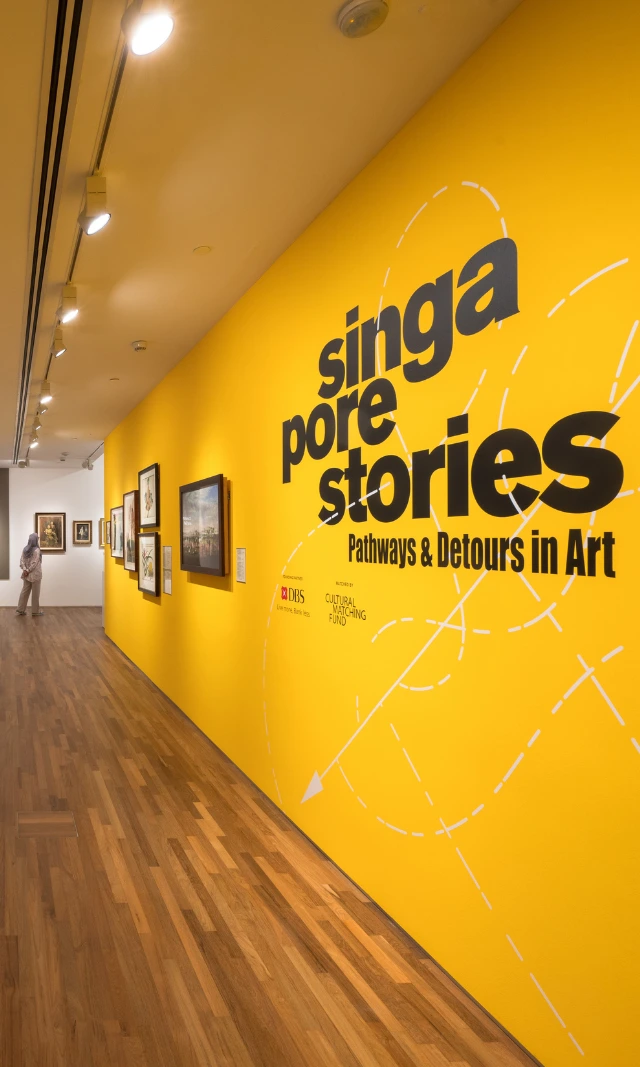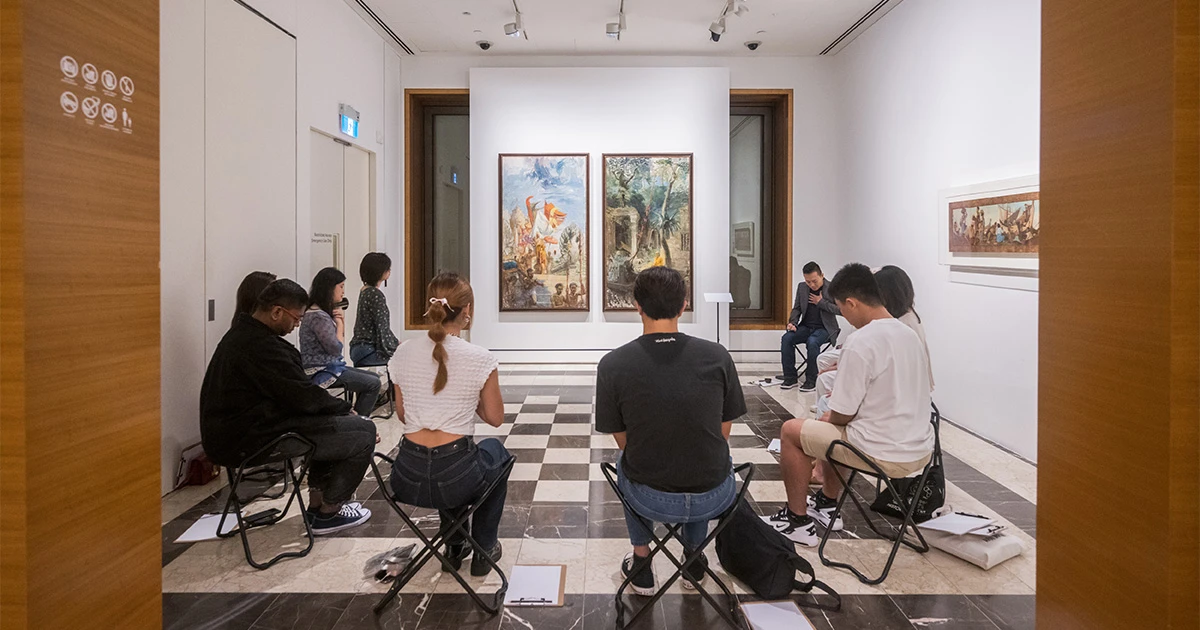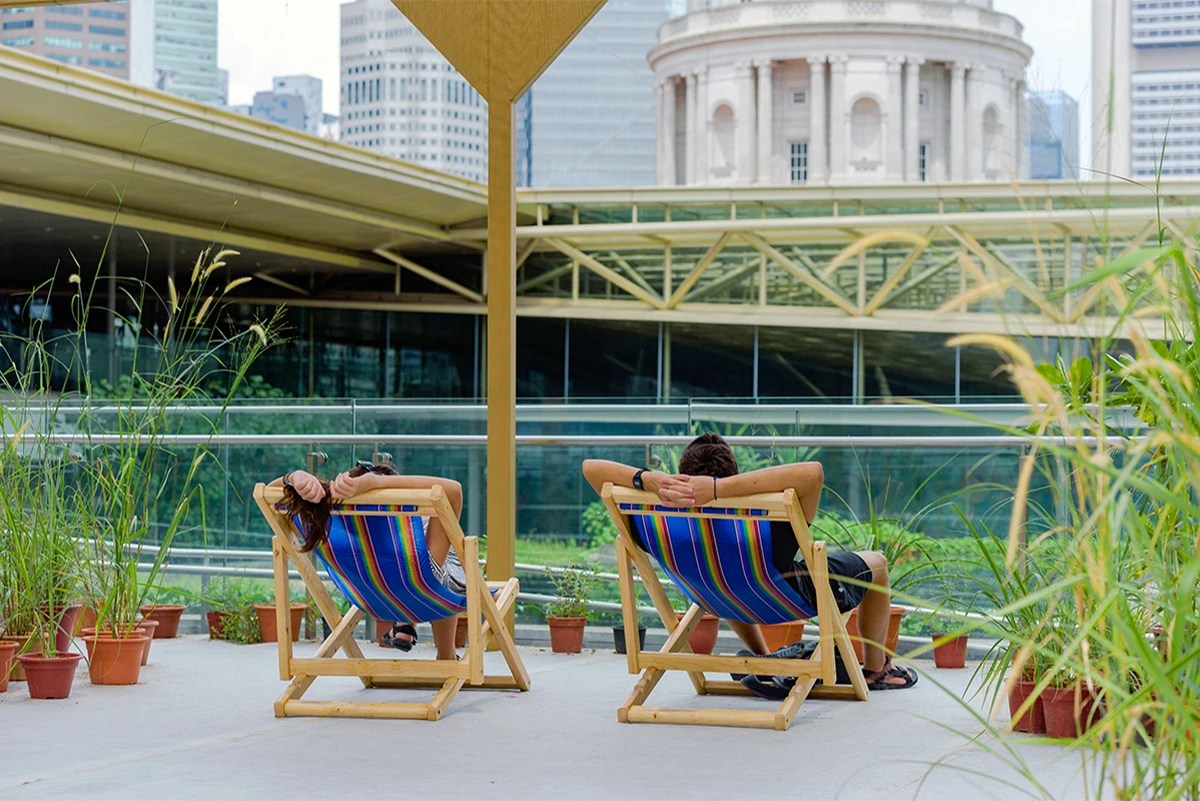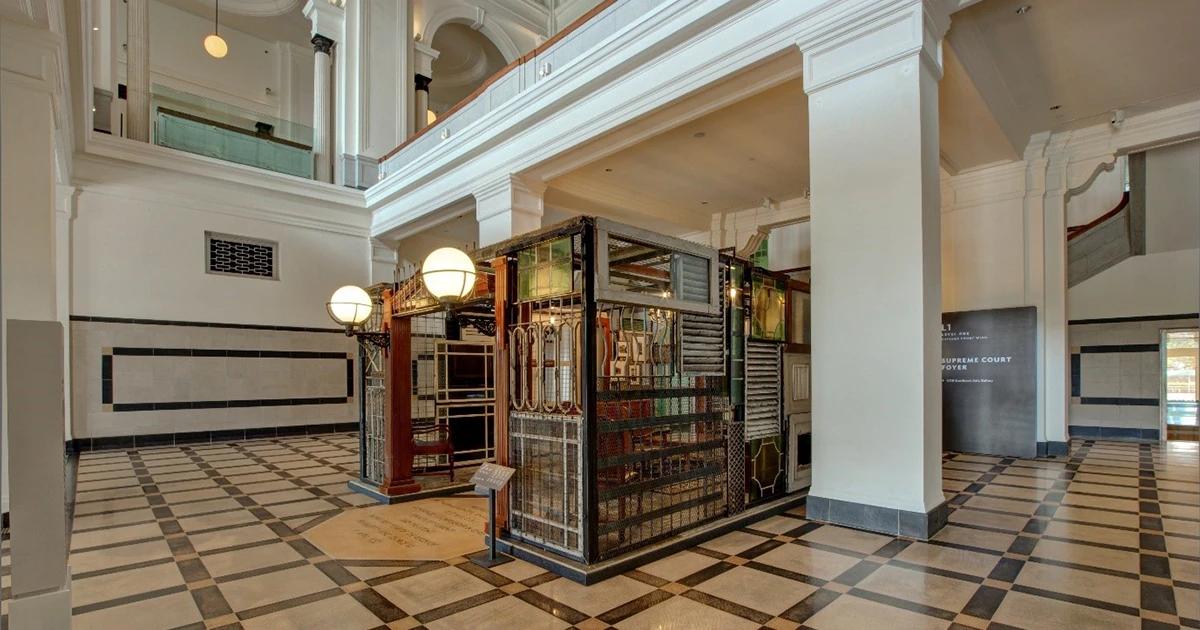A Dialogue on Painting with Light
Kolektif in Conversation with Taiki Sakpisit, director of The Mental Traveller
In the second of three conversations over the month of October with selected directors of the 2020 edition of Painting with Light: Festival of International Films on Art, Taiki Sakpisit talks about his film The Mental Traveller, a mediation on the passing of time, habitual thought patterns and sensorial realities of five men who call a psychiatric ward home, with Kolektif members Ines Toa and Joanne Ho.

The Mental Traveller was precipitated by director Taiki Sakpisit’s personal journey with family and close friends who suffered brushes with death, dementia and hallucination, as well as his desire for catharsis. Recalling the turbulent years of political upheavals in Thailand, Sakpisit’s depiction of trauma is accompanied by a richly layered soundscape by sound artist Yasuhiro Morinaga, giving it a surreal quality.
Shot in Chanthaburi Province, Thailand, The Mental Traveller screens at this year’s Painting with Light: Festival of International Films on Art, running from 2 to 25 October 2020. The festival’s first-ever online edition features a selection of Southeast Asian stories that reframe the notion of “home"—both material dwelling and lived experience.
Ines Toa and Joanne Ho, members of Gallery’s Kolektif, spoke to Sakpisit from his residence in Bangkok about the inspiration for The Mental Traveller and the process of filming over Zoom.
This interview has been edited for brevity and clarity.
Ines: How would you describe The Mental Traveller for viewers who have yet to see it?
Taiki: This film originated from my 2018 exhibition Until the Morning Comes and was originally shown as a video installation. The exhibition explores themes of grief, suffering, redemption and reconciliation. The main inspiration for the film came from two major events in my life: my father had suffered from dementia before he passed away, and my then-girlfriend often experienced hallucinations after a near-death experience.
So, I went to this hospital in Chanthaburi, about 300 kilometres away from Bangkok and asked permission from the head doctor to film there. I shared my emotional experiences; how important this work was to me and why I wanted to shoot there. I told him that I would go by myself and that I would be very respectful. I thought it was impossible, that no one would grant me access to film at a psychiatric hospital. I don’t think it had been done in Thailand, or in Thai art before.

Joanne: How does this work relate to your practice?
Taiki: Before this film, many of my short films explored landscapes affected by Thailand’s political situation. For example, my 2011 work A Ripe Volcano explored a space called the Rattanakosin Hotel, near the democratic monument on Ratchadamnoen Road in Bangkok, where big political demonstrations happen. It’s kind of a landmark of Thai political history. The hotel became a shelter for protesters who would seek refuge there. In 1992, there was a crackdown of these demonstrations.[1] And at the time, you would see images on TV of the army invading the hotel and hurting protestors there; the image really stayed in our memories.
I wanted to revisit this hotel, to absorb the space and find inspiration. Another location I went to was Rajadamnern Stadium for Muay Thai on the same road. I’m interested in how these spaces and landscapes have been marked by traces of violence, both emotional and physical.
Joanne: How did you come to use visuals as your preferred mode of expression? Could you tell us about how you got into the visual arts and filmmaking?
Taiki: When I was younger, I was really interested in sound, music. But I thought I could also create great visuals to the same effect. Music is really involved in the emotion, rhythm and movement, which I use to inspire my visual art. Music is always at the back of my mind, and even in my current film work, I try to capture images that have a musical quality. Moving images and film involves music and sound and image and text. It’s the perfect medium for me.
Joanne: The film shares a title with a poem by William Blake. Was this a deliberate reference, and are there any other intertextual references you made in the film?
Taiki: When I create a work, I usually have to find the title first because the theme of my work is always expressed in its title. But for this one the title came later. William Blake is someone I love. This poem is about the development of liberty, which I think echoes Thai society and Thailand’s political situation. It also includes the theme of cycles, birth and rebirth, and death, all of which also relate to the film.

The film The Mental Traveller is also about how I want to liberate myself from the past in a certain way, how I want to liberate myself from these really painful experiences. As there are multiple dimensions to the poem referenced in title and the work itself, I think it’s really appropriate.
Ines: I assume there is a degree of intimacy needed to film in a place such as a psychiatric ward. How did you navigate this during the filming and post-production process?
Taiki: When I first went to ask for access, I noticed there were grills between the inside and outside world. The doctor told me that the locked doors were the residents’ safety nets—shelter—from the outside world. They were psychologically fragile. While this film requires you to be invisible, you can’t, because you are in fact an invader. I tried to develop an unspoken relationship with them. That day, there were ten residents. I observed all ten and kept five in the final cut. Their conditions manifested in unique ways—one would be a really active, constantly walking and giving things to the other patients. Another would be really sleepy, while another was always drawing. That was one of the most beautiful days of my life, I felt really privileged to create this film with them.
I spent six hours there. I developed a story in my head, collected and gathered the material, because this was my one chance. The editing came together really quickly. In fact, it took three days because of deadlines. I then had to send the cut to my sound artist; we had worked together on A Ripe Volcano seven years ago.
Ines: How you would characterise your relationship with your sound artist Yasuhiro Morinaga, and what does it take for the synergies to occur?
Taiki: I had collaborated with several musicians before Yasuhiro. I found his website and thought we had very similar taste in music. With A Ripe Volcano, the sound he accomplished was amazing. At the opening of the exhibition Until the Morning Comes, he gave a really beautiful speech saying it had been seven years since our first collaboration. If we were a couple, seven years is a long time, a relationship that grows. I thought it was a beautiful thing for him to say.
When I sent him the cut of The Mental Traveller, we had only spoken about the concept of the work and I trusted him to do whatever he wanted to. And he delivered. The sound of the film is very surreal. He later told me he used the Indonesian bamboo flute, which is believed to be an instrument that calls spirits in the jungle. He also wanted to get the sound of a river, the sound of flowing water, which relates to the subconscious, dreams and hallucinations… So I thought, great.

Joanne: The film conveys a sense of heightened spectatorship and uneasiness. As a producer and viewer of your own work, what is that like for you?
Taiki: That experience was one of the most important of my life. That space and these 5 people—although we barely spoke, I felt really close to them. I almost wanted to ask for their telephone numbers but I thought that wouldn’t be appropriate.
While I was making The Mental Traveller, I was also a part-time lecturer in Silpakorn University. During that period, two of my students had to drop out because of poor mental health and I visited them both at psychiatric hospitals. One of the students came to the exhibition [Until the Morning Comes] and said, "You know how the image dissolves and the sound overlaps? It was like when I was under the influence of medication—where image and sound distort." I thought there was something beautiful about his comment.

Joanne: Could you elaborate on the allusions to the political in The Mental Traveller?
Taiki: I never want my work to be too direct. Work that keeps going exists in multiple dimensions. It's for the audience to experience and relate their own life to the work. It should be universal and should work in many ways. The political situation keeps developing, evolving. There was an article on William [Blake] that said the job of the poet is to look at the current situation and analyse it, try to prophesise it. I drew inspiration from those lines and try to look at what will happen in Thailand for the next ten years. I try to work on that now and predict what the future will be.
Editor’s Note: Painting with Light: Festival of International Films on Art runs from 2 to 25 October 2020 for Singapore-based audiences online. Watch The Mental Traveller and other Southeast Asian shorts here.
Notes
- The demonstrations referred to here is commonly known as Black May, a popular protest in Bangkok from 17–20 May 1992. These were protests against the government of General Suchinda Kraprayoon, and was followed by a military crackdown that resulted in deaths, injuries and arrests. Up to 200,000 people demonstrated in central Bangkok at the height of the protests.
